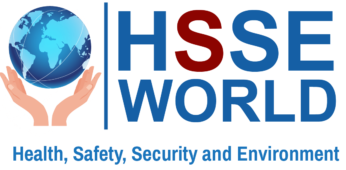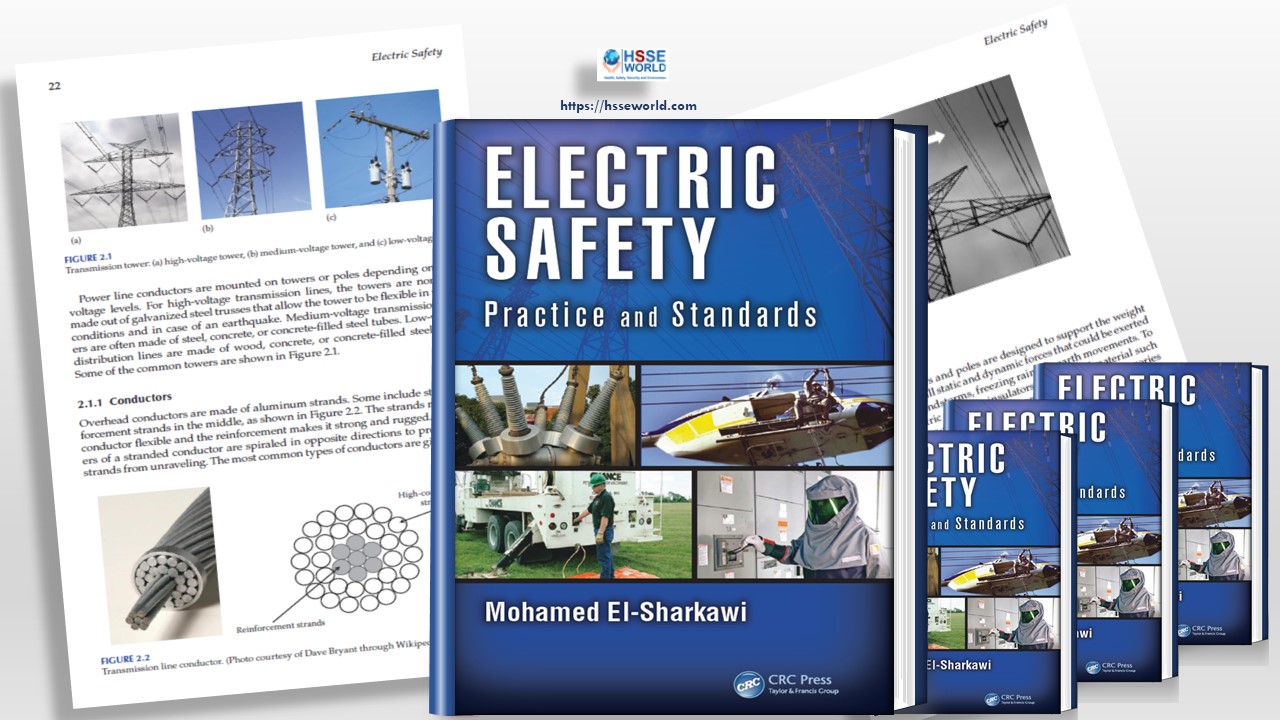Even if safety inspections were not strongly recommended, they are an excellent way for the department to reference the commitment to safe work practices, provide practical training in safety awareness and minimize hazards at the workplace. These inspections provide a systematic method for involving supervisors, employees, safety coordinators, and/or safety committees in the process of eliminating workplace hazards.
What is in this article?
Types of Safety Inspections
Risk Mapping Safety Inspections

Types of Safety Inspections
There are several ways to perform safety inspections of a workplace, task or job. The most popular ways include using checklists, general knowledge, and risk mapping. To be effective, safety inspections must be individualized or tailored to meet the needs of a specific workplace, task or job.
Safety Checklist Inspections
A checklist is very good for the regular inspection of specific items. However, they may not be as useful in identifying previously unrecognized hazards. Many different checklists are available from a variety of sources. Unfortunately, since these ready made checklists are generic, they rarely meet the needs of a specific workplace, task or job. However, you may find them useful to inspect a part of your area. For instance, the owner’s manual for a table saw may have a checklist that works perfectly for inspecting the saw in a department shop.
Taking parts of several ready-made checklists and putting them together may be an easy method of beginning the development of your customized checklist.
Included in HSSE world forms page sample checklists and inspection forms for general work areas . These are only examples. They will need to be modified to fit your specific work areas, tasks or jobs.
General Knowledge Safety
Inspections Another way of conducting inspections is to use the information you have in your head and just walk around looking at what is going on. You do not use a pre-made checklist for this type of inspection. This method keeps you from getting stuck looking at the same things every time. However the effectiveness of this inspection method is dependent on the individual’s level of knowledge about workplace related safety practices. It is important to document the results of the inspection and any action taken in resolving or addressing safety hazards.
Risk Mapping Safety Inspections
The third inspection method is called Risk-mapping. ![]() It is a good method to use at a safety meeting where everyone there is familiar with the workplace or process. This technique uses a map/drawing of the workplace or a list of steps in a process. People in the group then tell the leader the hazards they recognize and where they are located in the workplace or process. The leader uses different colors or symbols to identify different types of hazards on the map or list of steps. This type of inspection is valuable for involving all employees in identifying and resolving safety hazards.
It is a good method to use at a safety meeting where everyone there is familiar with the workplace or process. This technique uses a map/drawing of the workplace or a list of steps in a process. People in the group then tell the leader the hazards they recognize and where they are located in the workplace or process. The leader uses different colors or symbols to identify different types of hazards on the map or list of steps. This type of inspection is valuable for involving all employees in identifying and resolving safety hazards.
What should you include in your inspections?
When you do your inspections make sure you are looking at your entire operation’s safety program. Remember to evaluate:
- processes equipment
- workplace environment
- employee training
- emergency plans
How often should you do inspections?
Safety inspections should be conducted at least every six months.
Who should do the inspections?
It has to be someone who is familiar with the workplace, task or job. The best way is to have a supervisor and an employee from the area inspect together.
What should you do with your inspection findings?
You have to follow up on your findings. It does little good to do inspections if nothing gets corrected. Someone should be assigned to develop a correction for each problem that was found. Attaching a deadline for the correction of each problem is helpful. Don’t let corrections get drawn out.
Review your inspection reports for trends. Is the problem showing up again and again? There may be something that encourages this problem to exist. That also needs to be addressed.
Resources
The following are some resources that are commonly used in developing effective safety inspection procedures: ·
- Suggestions from supervisors and employees ·
- Reviewing the types of accident/incidents that have occurred in the past and in departments.
- Reviewing applicable State and Federal Safety Standards and Operations Policies and Procedures .



